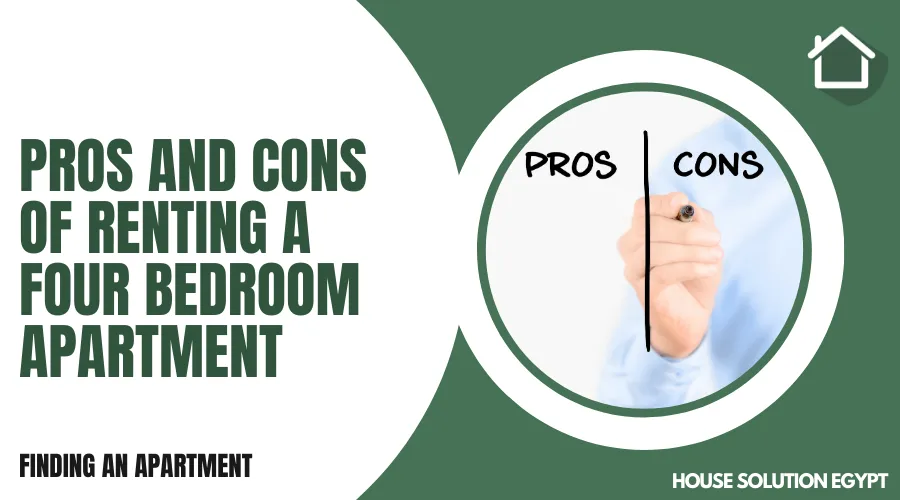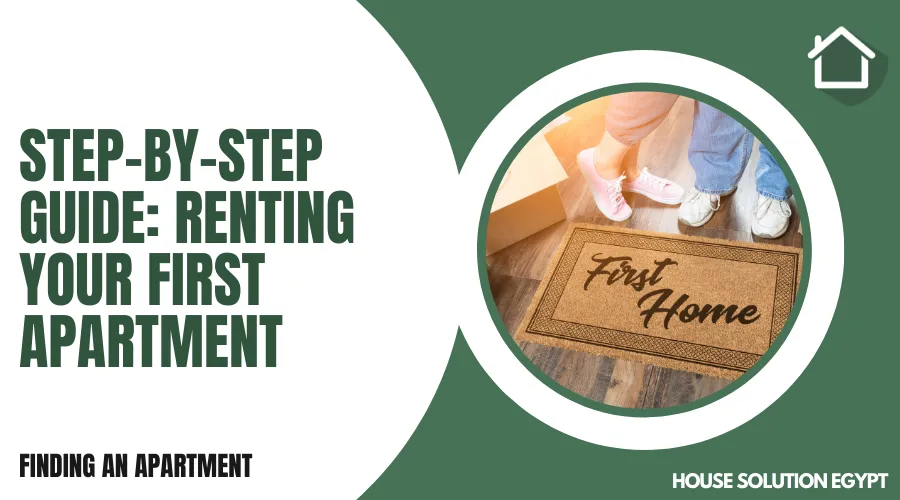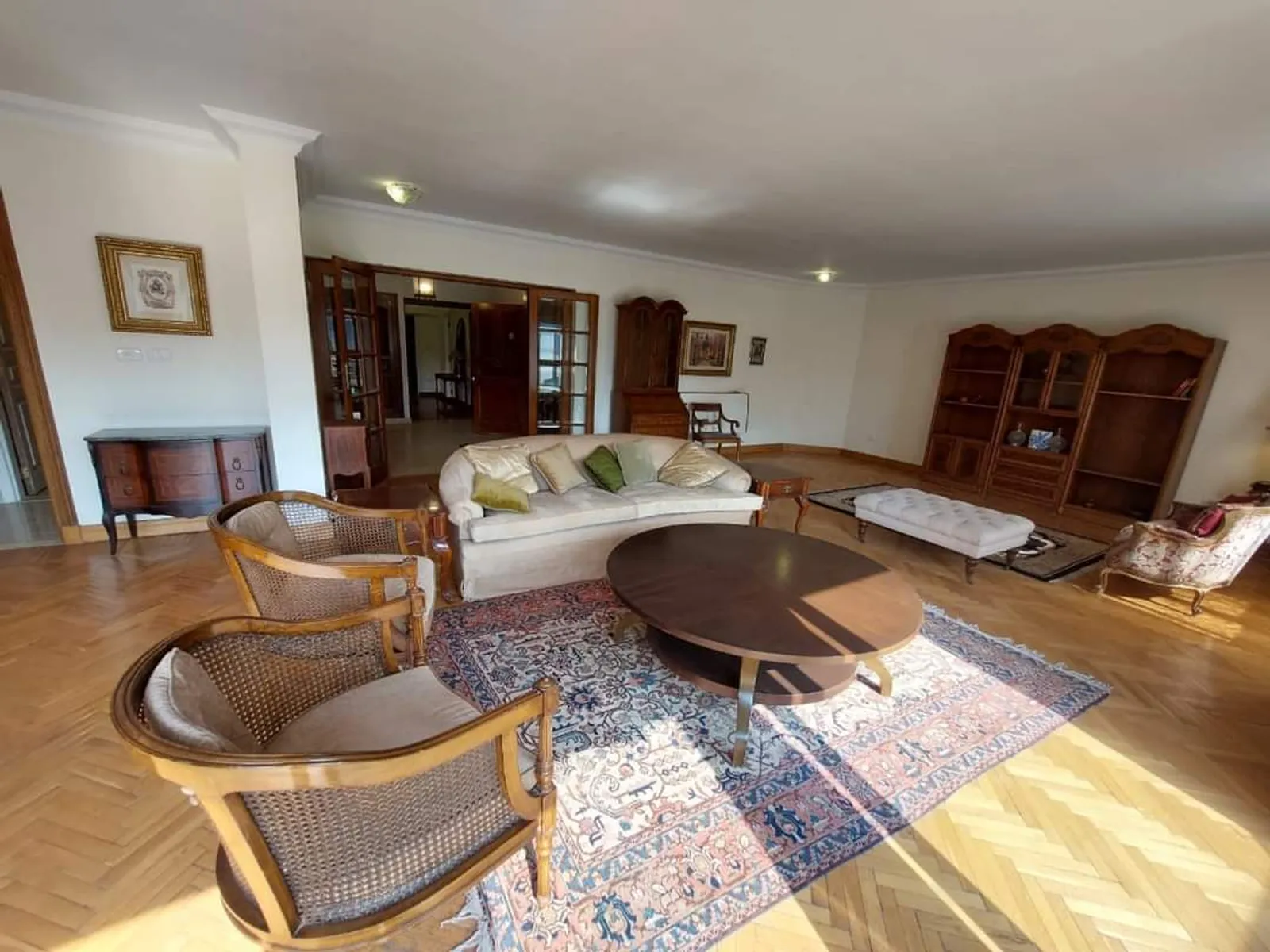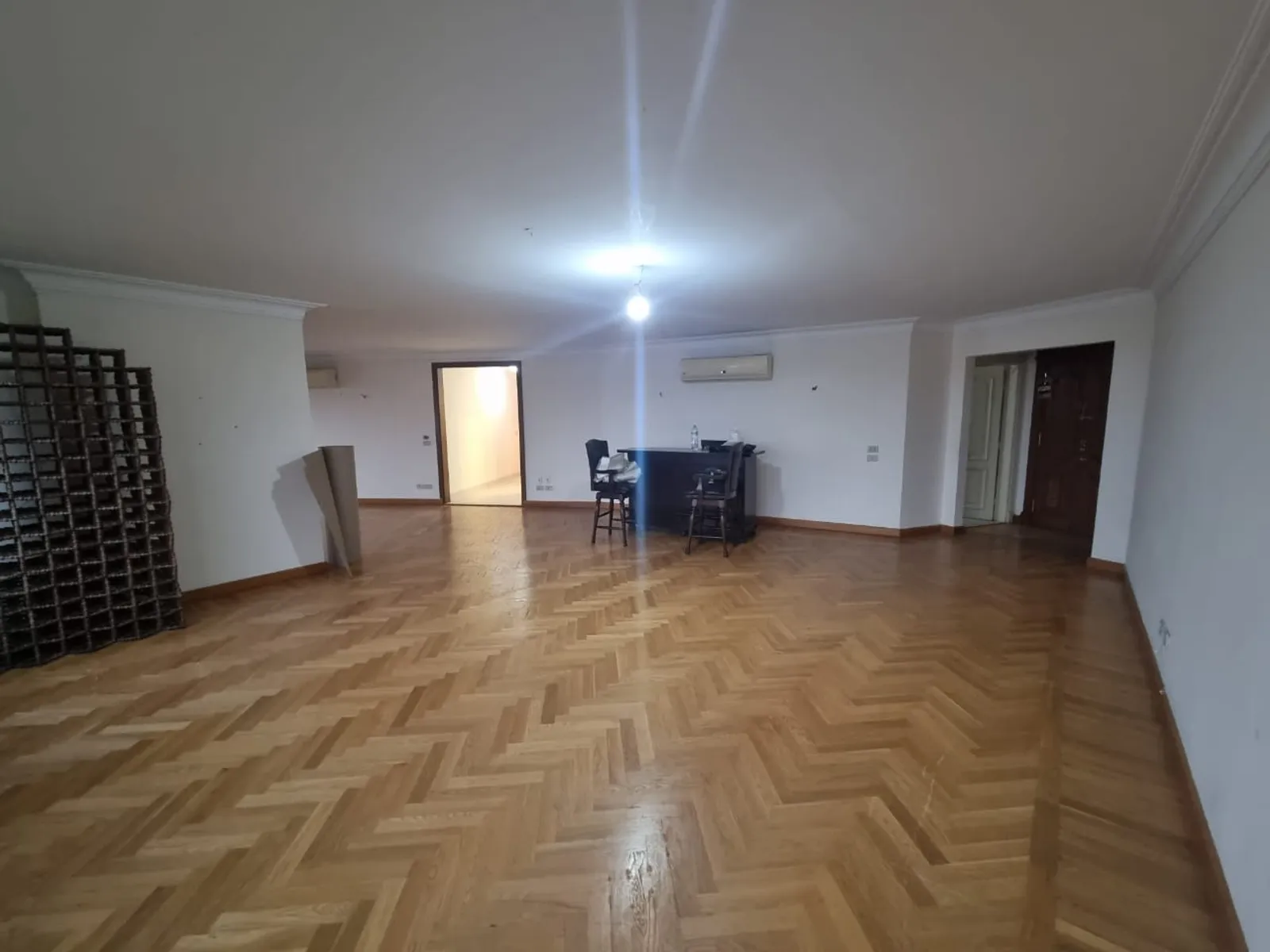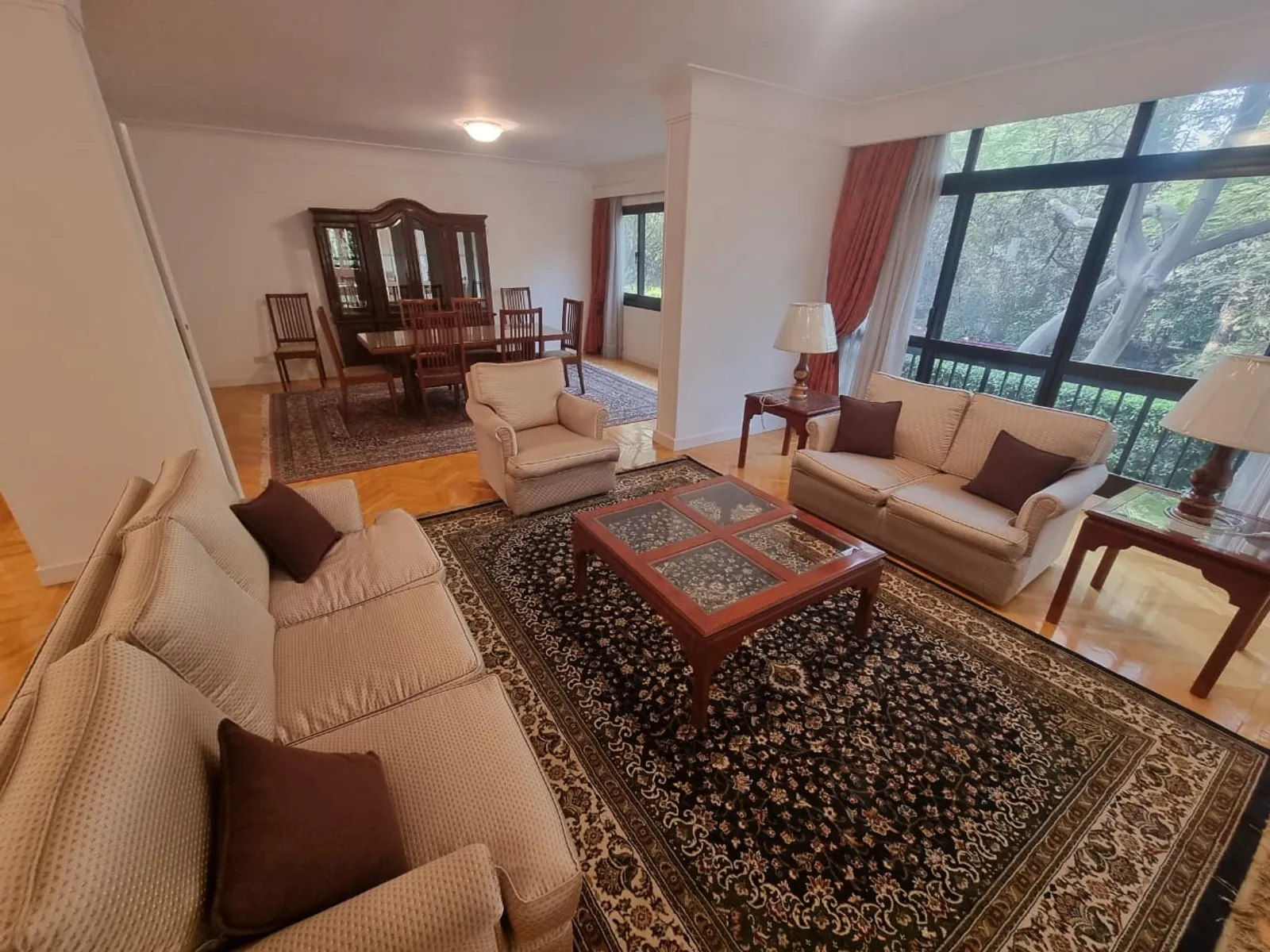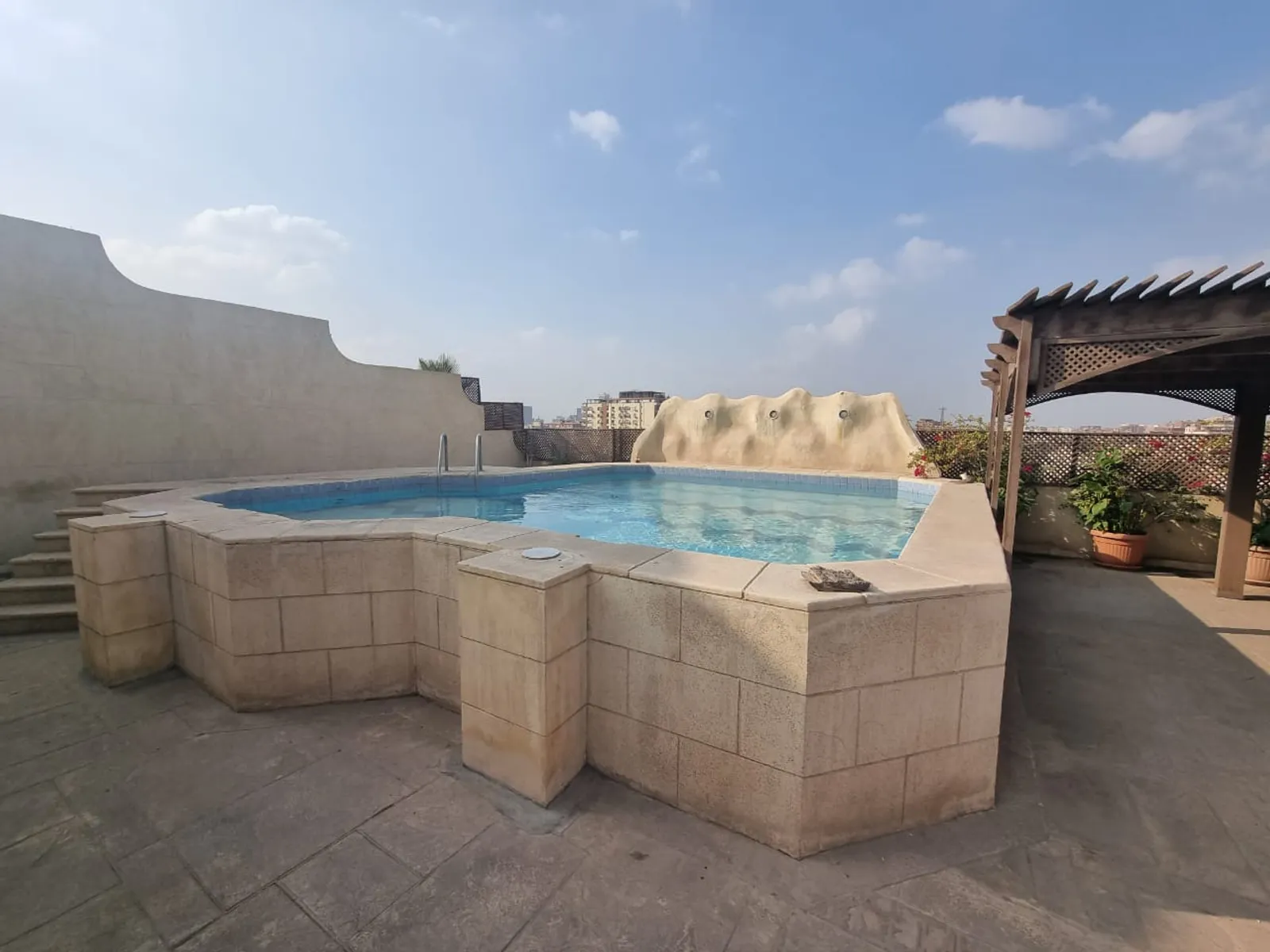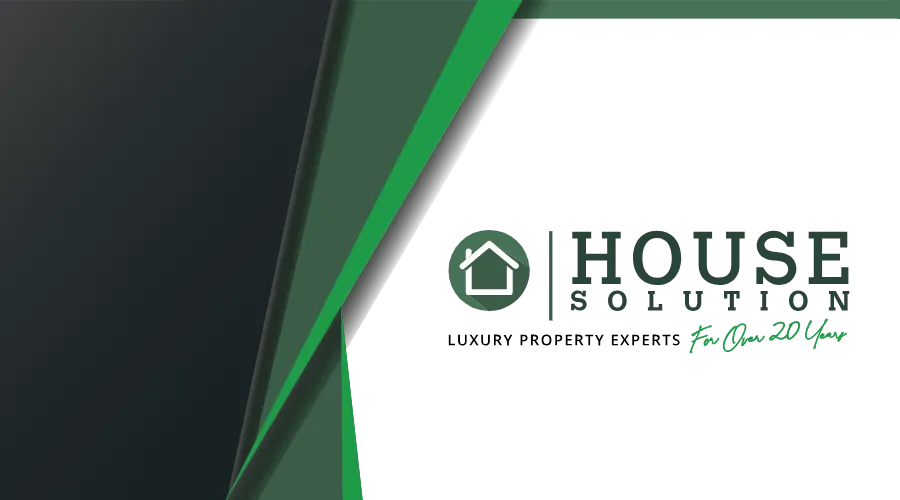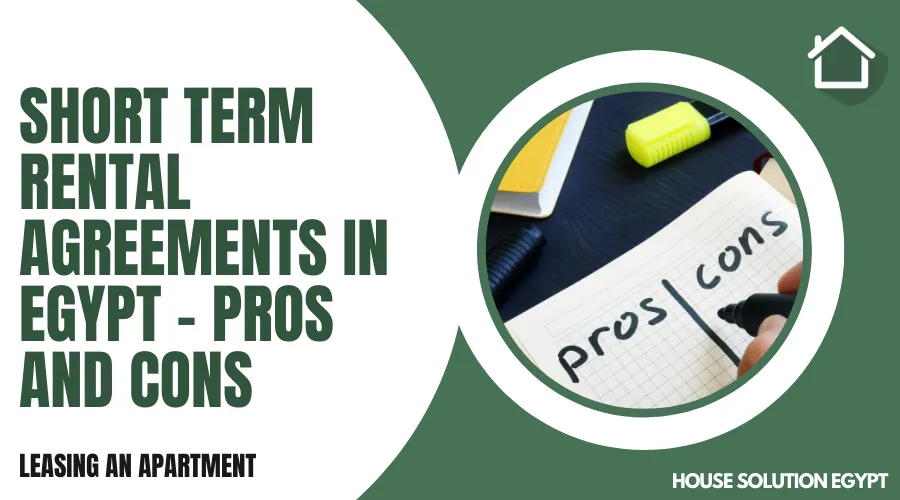RENT VS. MORTGAGE
Finding an Apartment|7.5 MIN READ|Updated on: 22 October 2023|Written by: Marwa Samir
Renting and owning a home are two options available to individuals seeking shelter. While renting is simply an agreement between the tenant and landlord to pay for a temporary stay, buying a home requires a more extended commitment through taking on mortgage payments. Renting typically involves paying an agreed-upon amount of rent monthly without any long-term investment in the property while owning a house means that one has legal ownership rights and can build equity over time.
Renting can be advantageous for people who do not have enough savings or income to make a down payment for purchasing the house they want. It also eliminates unexpected costs such as repairs and maintenance since these responsibilities fall on the landlord rather than the renters.
On the other hand, buying a house comes with long-term benefits such as building equity since mortgage payments directly contribute towards ownership of the property. Homeowners also have greater control over their living space by being able to modify it according to their needs without needing permission from anyone else. However, homeownership has its share of risks such as foreclosure should one become unable to meet mortgage obligations due to unforeseen circumstances like job loss or illness.
Rent vs Mortgage
One of the biggest financial decisions people make is whether to rent or buy their home. Renting and buying both have advantages and disadvantages, and it's important to weigh them carefully before making a decision.
Renting can be less expensive upfront, with no down payment required, and often includes amenities such as maintenance, landscaping, and utilities that homeowners would need to pay for themselves. However, renting means that you are not building equity in your property like you would with a mortgage.
On the other hand, purchasing a home means taking on a significant amount of debt but also comes with long-term benefits such as building equity in the property over time. Homeowners also have more control over their living space than renters do – they can paint walls or renovate without needing permission from a landlord. However, owning a home also comes with added expenses beyond just mortgage payments such as property taxes, insurance costs, and maintenance fees which can be unexpected or costly at times.
Definition of Rent
Rent is a sum of money paid by a tenant to the landlord in exchange for the use of a property. It is usually paid on a monthly or yearly basis, depending on the agreement between both parties. Rent can be used to describe any kind of property, such as an apartment, house, commercial space, or even land.
The main difference between rent and a mortgage is that rent is not an investment. When you pay rent, you are essentially giving your money away to someone else in exchange for temporary use of their property. On the other hand, when you take out a mortgage to buy your own home, you are investing in your own future by building equity over time.
Another key aspect of renting versus owning a home is that renters have less control over their living situation compared to homeowners who can make changes and renovations as they, please. This lack of control can sometimes lead tenants to feel less invested in their living space and more inclined towards moving frequently than homeowners would be.
Definition of Mortgage
When it comes to housing, there are two main options: renting or purchasing a home through a mortgage. A mortgage is essentially a loan that individuals take out in order to purchase a property. The lender provides the funds for the purchase of the property and then the borrower makes monthly payments over a set period of time.
One key difference between renting and having a mortgage is that with renting, individuals pay their landlord each month for the use of their property; whereas with a mortgage, individuals make payments towards owning their own property. Another difference is that with renting, there may be restrictions on what can be done to the property such as not being able to paint walls or hang pictures without permission from the landlord. However, when you own your home via mortgage you have more control over how you can improve and personalize your living space.
It’s important to note that owning a home through a mortgage also comes with added responsibilities such as maintaining the property and paying for repairs which would fall on landlords in rental agreements. Ultimately, whether one chooses to rent or purchase through a mortgage will depend on individual circumstances such as financial stability and long-term goals.
Pros and Cons of Renting
Pros:
1. Flexibility to move without a long-term commitment.
2. Lower upfront costs than buying a property.
3. No maintenance or repairs are needed, the landlord is responsible.
4. Ability to enjoy amenities like pools and gyms provided by the rental property.
5. May be able to write off rent payments when filing taxes as an expense.
Cons:
1. Less control over the design and structure of the property than if you owned it yourself.
2. Can lead to rising rents that exceed your budget over time due to inflation or market conditions in your area.
3. Limited ability to make improvements or upgrades to the property without permission from the landlord first.
4. Can't build equity as part of your monthly rent payments go towards someone else's mortgage payment instead of your own savings for a future home purchase.
5. Difficulties with landlords who don’t properly
Pros and Cons of Owning a Home
Pros:
1. Stability and security of owning your own home.
2. Building equity through mortgage payments.
3. Potential for increasing property value over time.
4. Freedom to decorate and remodel as desired.
5. Tax deductions for mortgage interest and property taxes.
Cons:
1. Large upfront cost for a down payment, closing costs, and moving expenses.
2. Increased responsibility for upkeep and maintenance of the home and property.
3. Risk of a financial loss if home values decrease or you can’t keep up with mortgage payments.
4. Greater financial risk in comparison to renting a home or apartment with minimal long-term commitment or investment required upfront.
5. Unpredictable increases in homeowners insurance premiums and property taxes over time
Financial Considerations
When it comes to choosing between renting and buying a home, one of the biggest considerations is financial. Renting typically requires a smaller upfront cost as there are no down payments or closing costs involved. However, over time, renting can become more expensive as monthly rent payments do not contribute towards building equity in the property.
On the other hand, purchasing a home through a mortgage involves larger initial costs but can potentially save money in the long run. A mortgage allows you to build equity in your property by making regular payments towards owning it outright. Additionally, homeowners may be eligible for tax deductions on their mortgage interest payments.
It's important to consider your current financial situation and future goals when deciding between renting and buying. While renting may be a more feasible option in the short term, investing in a mortgage can lead to long-term financial benefits such as building wealth and stability.
Alternatives to Rent and Mortgage
There are several alternatives to renting and a mortgage that can help you save money in the long run. One of the most popular options is house hacking, which involves purchasing a multifamily property and renting out the other units to cover your mortgage payments. This way, you won't have to pay for housing costs out of pocket and can build equity in your own property.
Another alternative is co-living, where you share living spaces with others to reduce individual expenses on rent or mortgage payments. This option has become increasingly popular among young professionals who prefer communal living rather than living alone.
Lastly, tiny homes have gained popularity as an alternative to traditional housing options as they offer lower costs associated with construction, maintenance, and utilities. They also provide a sustainable lifestyle by reducing carbon footprint when compared to regular-sized homes. While these may not be suitable for everyone's lifestyle needs, they offer a unique opportunity for those looking for an affordable yet minimalist lifestyle.
Conclusion
In conclusion, both rent and mortgage are methods of paying for a place to live. Rent is a monthly payment made to a landlord or property management company in exchange for the use of a property. Renting can provide flexibility, as tenants can usually move out with relatively short notice. However, renters do not build equity in the property they are living in and may have less control over the living space.
On the other hand, a mortgage is a loan taken out by an individual or couple to purchase a home. The payments on this loan typically last anywhere from 15-30 years and include both principal (the amount borrowed) and interest (the cost of borrowing). Homeowners have more autonomy over their living space but also take on responsibilities such as maintenance and repairs. Additionally, owning a home builds equity that can be used for future investments or retirement.
Ultimately, whether one chooses to rent or buy depends on financial circumstances, lifestyle preferences, and long-term goals. Both options have their benefits and drawbacks; it's up to each individual to determine what works best for them.
